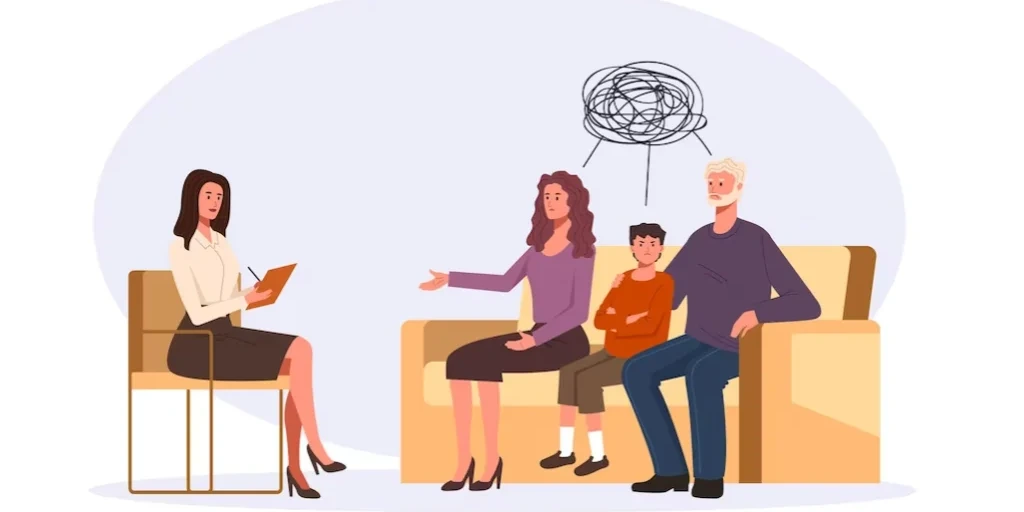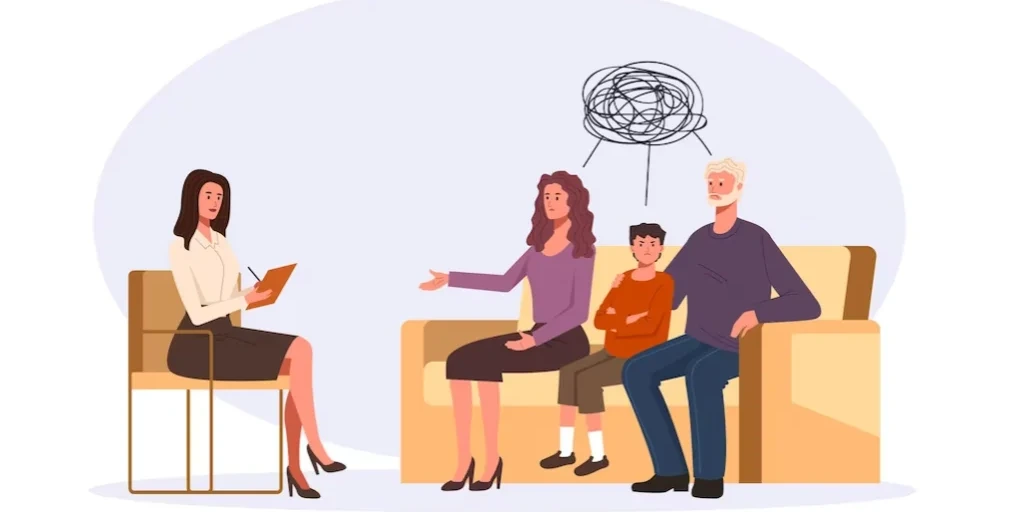24/7 Helpline:
(866) 899-221924/7 Helpline:
(866) 899-2219
Learn more about Outpatient Rehab centers in Woodland
Outpatient Rehab in Other Cities

Other Insurance Options

BHS | Behavioral Health Systems

PHCS Network

MHNNet Behavioral Health

Magellan

Choice Care Network

Coventry Health Care

Carleon

BlueShield

State Farm

Access to Recovery (ATR) Voucher

Covered California

Absolute Total Care

Anthem

Health Net

Lucent

Amerigroup

AllWell
Beacon

Highmark

Medical Mutual of Ohio





Pine Tree Gardens
Pine Tree Gardens is a non-profit rehab located in Davis, CA. Pine Tree Gardens specializes in the t...

CommuniCare Health Centers – Behavioral Health
CommuniCare Health Centers–Behavioral Health, in West Sacramento, California, offers outpatient ment...

Department of Alcohol Drug and Mental Health Services
Department of Alcohol Drug and Mental Health Services is a public rehab located in Davis, California...

Clarksburg Comprehensive Treatment Center
For those who are struggling with an opioid addiction. As a leading provider of care, Clarksburg Com...

Clarksburg Treatment Center
Clarksburg Treatment Center is a private rehab located in Clarksburg, West Virginia. Clarksburg Trea...
















































Recovery Happens Counseling Services
Recovery Happens Counseling Services is a private rehab located in Davis, California. Recovery Happe...

Department of Alcohol Drug and Mental Health Services
Department of Alcohol Drug and Mental Health Services is a public rehab located in West Sacramento, ...

Adventist HealthCare Behavioral Health and Wellness Services
Adventist HealthCare Behavioral Health and Wellness Services - Gateway Center Drive is located in Cl...

West Texas Centers – Runnels County
West Texas Centers - Runnels County is a private rehab located in Winters, TX. West Texas Centers - ...

Spero Health – Clarksburg
Spero Health – Clarksburg is a private rehab located in Clarksburg, West Virginia. Spero Health – Cl...











































































































































